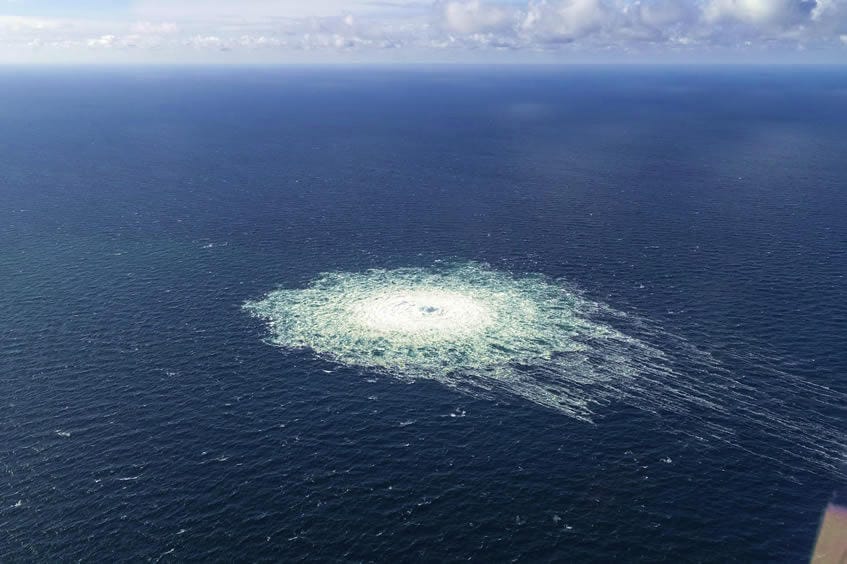Ukrainian Suspect Arrested in Italy Over Alleged Role in 2022 Nord Stream Pipeline Sabotage
The pipelines, designed to transport up to 55 billion cubic meters of natural gas annually from Russia to Germany, suffered ruptures equivalent to seismic events from hundreds of kilograms of TNT.
EUROPE — On August 21, a Ukrainian national named Serhii K. was detained by Italian authorities in Rimini province under a European arrest warrant from Germany.
This action stems from investigations into the deliberate explosions that damaged the Nord Stream 1 and Nord Stream 2 pipelines in the Baltic Sea on September 26, 2022.
Prosecutors allege the individual coordinated logistics for a small team that used a yacht to place explosives near Bornholm Island. The arrest highlights ongoing efforts to address the incident, which disrupted energy supplies and raised security concerns across the region.
For clarity, names like Serhii K. are presented in sources with partial redaction (using initials for the surname) due to legal privacy protections during active investigations, a standard practice to avoid full disclosure until court proceedings advance.
The pipelines, designed to transport up to 55 billion cubic meters of natural gas annually from Russia to Germany, suffered ruptures equivalent to seismic events from hundreds of kilograms of TNT.
Nord Stream 1 ceased operations in August 2022 due to Russian supply halts, while Nord Stream 2 never became operational amid geopolitical tensions.
Environmental impacts included significant methane releases, though assessments indicate limited long-term effects given the pipelines' inactive status at the time. Legal classifications treat the event as terrorism against critical infrastructure.
Multinational probes, including those by Denmark and Sweden, concluded without charges earlier in 2024, citing jurisdictional constraints. German focus remains on forensic evidence from the yacht Andromeda, rented under false identities in Rostock.
The suspect is not accused of diving but of facilitating the operation. Broader implications involve shifts in European energy dependencies toward alternative sources.
Background on Nord Stream Sabotage
The Nord Stream system spanned about 745 miles (1,200 km) beneath the Baltic Sea, connecting Vyborg in Russia to Greifswald in Germany. Construction aimed at bolstering energy ties, but criticisms arose over reliance on Russian supplies.
Germany paused Nord Stream 2 certification days before Russia's 2022 actions in Ukraine, reflecting strategic vulnerabilities. Explosions targeted three lines, with traces of octogen found linking to the sabotage. Octogen was also found within the blast radius of the damaged Nord Stream pipelines.
Investigations revealed a commando operation involving forged passports and covert movements. Media accounts suggest pro-Ukrainian elements, though no state admissions occurred.






